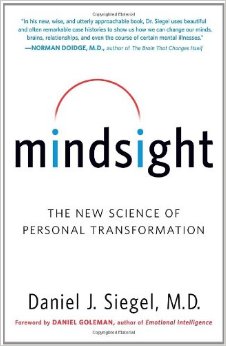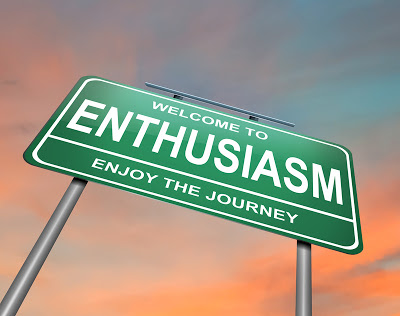“We never do anything well till we cease to think about the manner of doing it.”
—William Hazlitt, 19th Century British Social Commentator
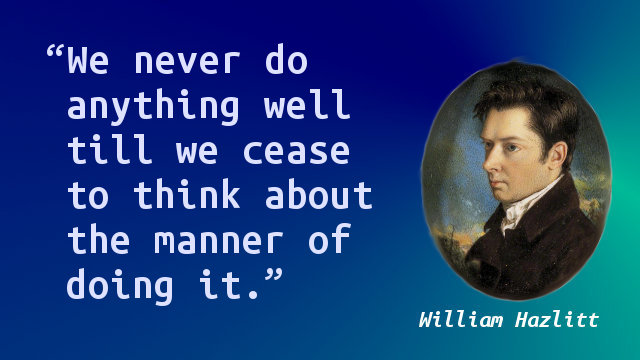 How many activities in the following list have you engaged in over the past year?
How many activities in the following list have you engaged in over the past year?
- Giving a speech or major presentation
- Writing a book or significant article for publication
- Interviewing for a new job or promotion
- Playing golf, poker, or a game of chess
- Building a piece of furniture or other handy-person activity
If at least one of these activities occurred this past year, how well did you do? How competent, skilled, or masterful were you? How much effort, struggle, or ease and flow did you experience?
Hazlitt’s quote points to the fact that when we are so focused on doing things correctly we often diminish our own ability to do things well because of our preoccupation with our potential to make mistakes.
EXERCISE:
How and on what activity might a more playful approach, without much thought about doing things perfectly, help you enjoy the process and perhaps do far better than you might have imagined?







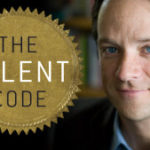

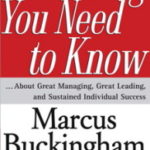
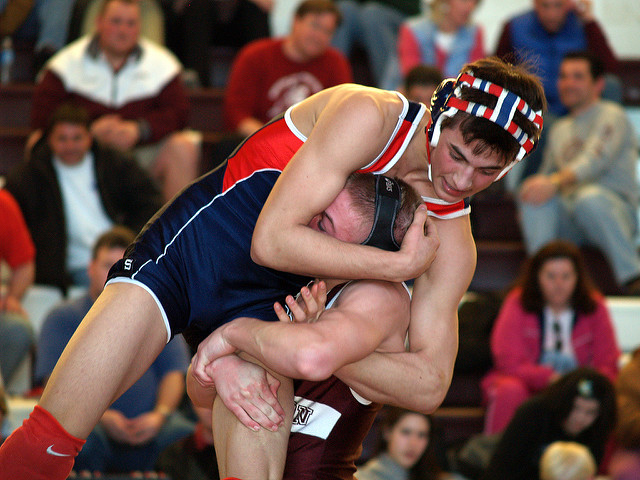
 How many activities in the following list have you engaged in over the past year?
How many activities in the following list have you engaged in over the past year?